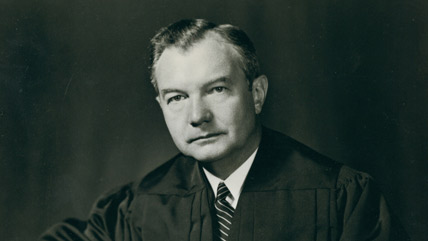For my second artifact, I’m choosing the closing argument to the Nuremberg Trials by Robert H. Jackson. Robert H. Jackson was a federal prosecutor who represented the United States in the Nuremberg Trials which took place in Nuremberg, Germany. These trials were intended for the international courts to decide whether the Nazis who worked under Hitler were guilty or not guilty. I’m going to read his closing statement and analyze the way in which he argues against the Nazis.
It will be interesting to read his arguments because to most people, and rightfully so, it’s pretty clear-cut what the decision should be: these people should be found guilty for mass genocide. However, Jackson likely needed to prove this logically, since World War II had only just ended. I could talk about kairos, or the use of the opportune moment. The trials occurred just a few months after the war ended, so the memories of the horrors that occurred would have been fresh and raw in the jury’s minds. By the time of his closing argument, the jury had sat through months of listening to the horrors that occurred at the hands of the defendants. Therefore, Jackson could use this to his advantage and appeal to the emotions of his jury.
However, another aspect could be that Jackson would use logos. If his audience is already emotional before and during the trial, his focus might be on highlighting the actual facts of the case and logically arguing his case.
The final way of rhetorically analyzing his argument would be through his words themselves. There are some great quotes in his closing statement, my favorite being his allusion to Richard III by William Shakespeare in which he indirectly addresses the jury by equating them with the Queen.
Overall, I feel like the Nuremberg Trials were extremely significant in shaping the minds of individuals during the time and bringing closure to families that were affected, and the whole world in general as it recovered from the horrors that ensued during World War II.
